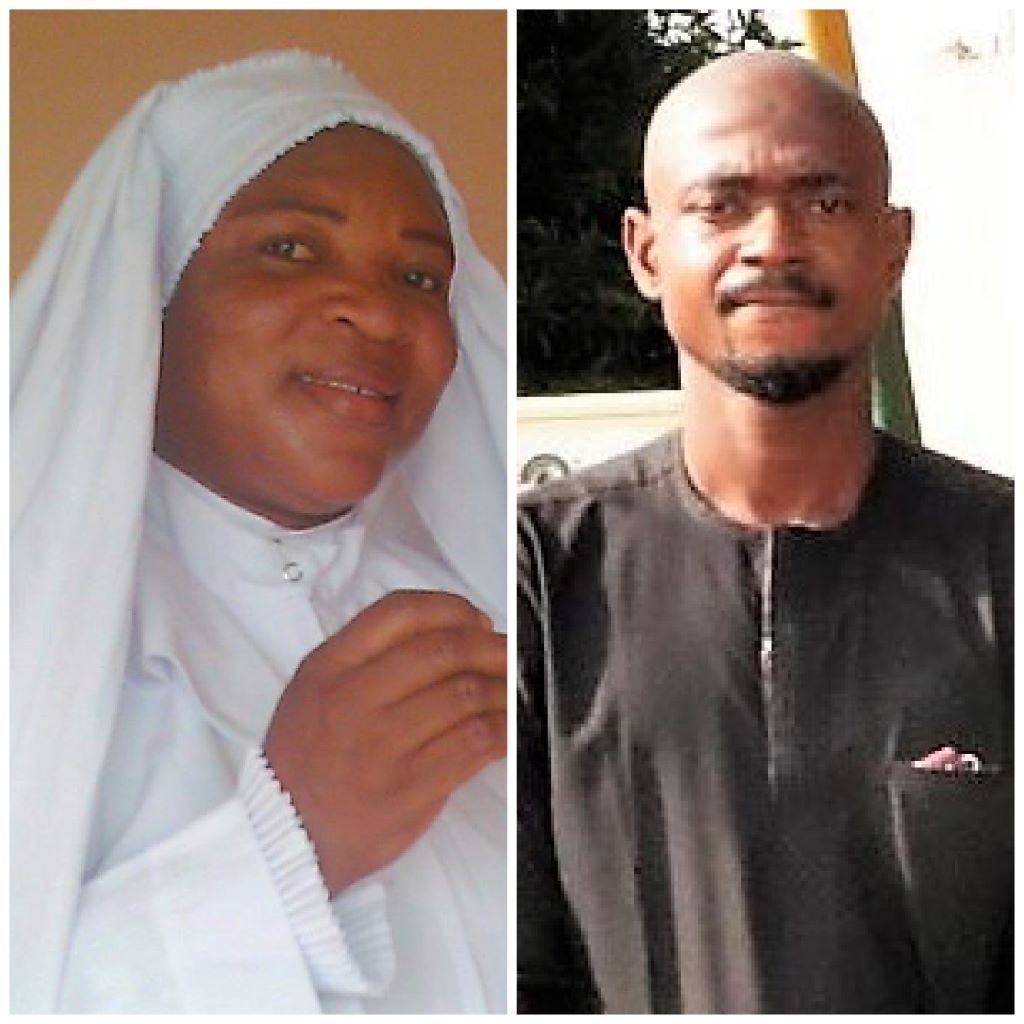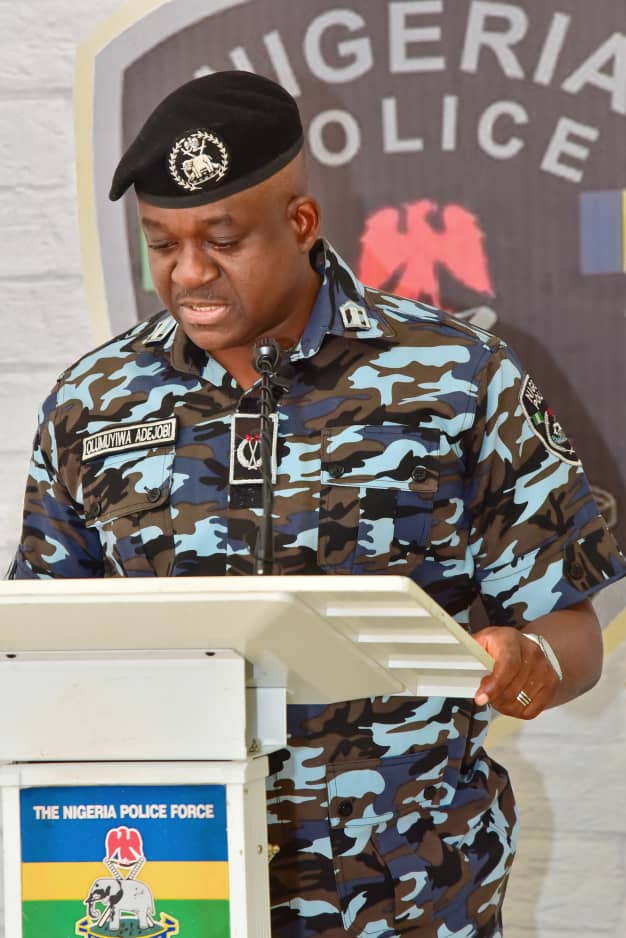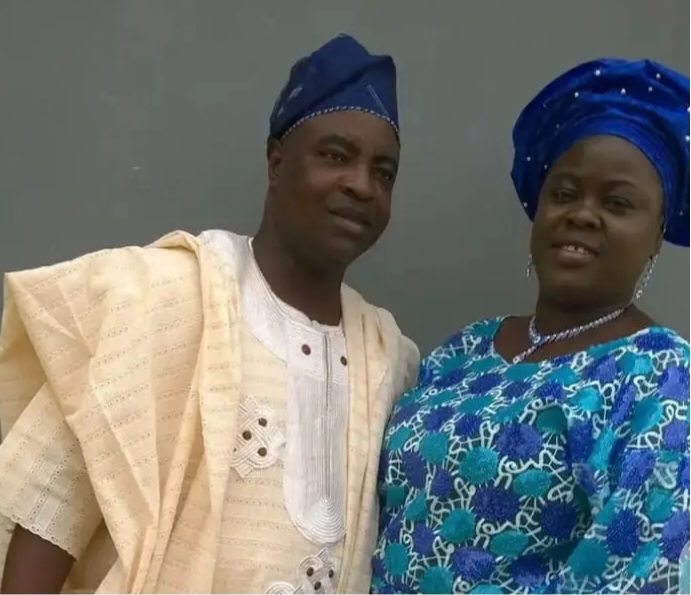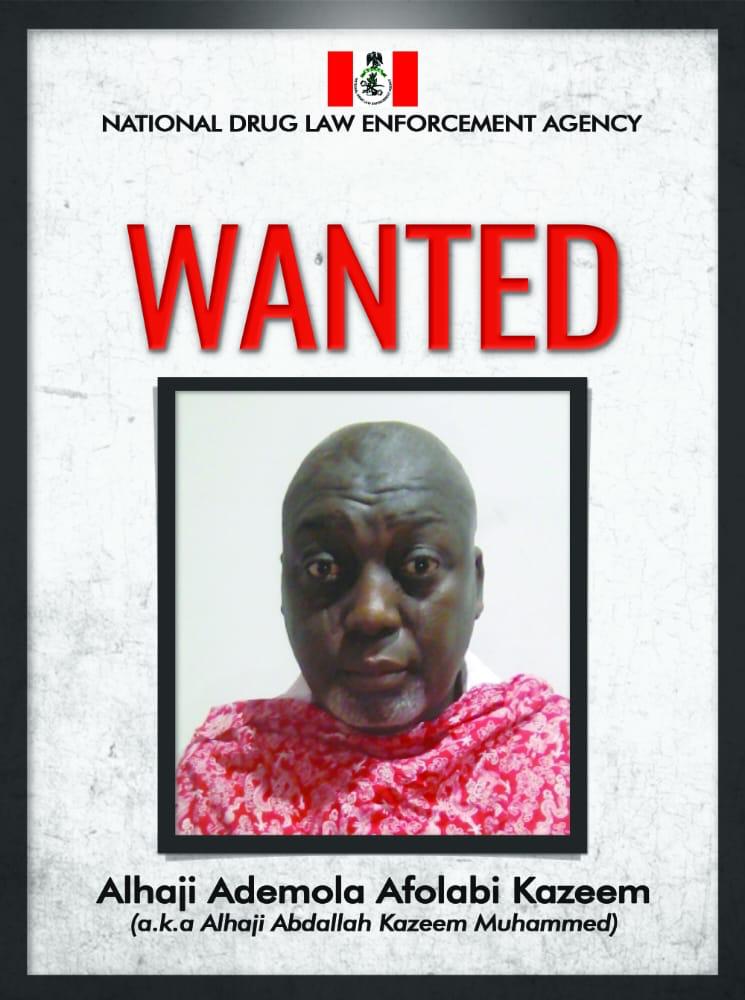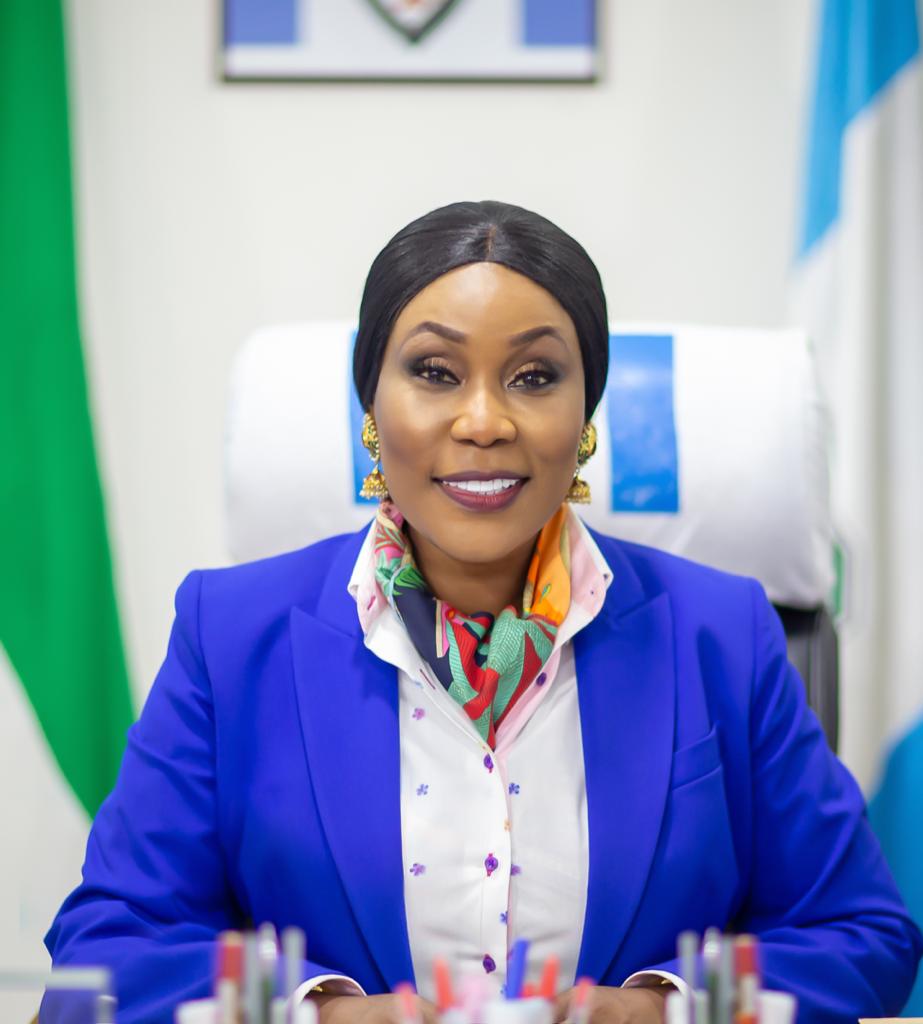
By Ajibola Abayomi,
Human trafficking is one illicit trade constituting nuisance against mobility of people in and across nations, being a modern day slavery involving the illegal trade of people for exploitation or commercial gain.
Nigeria is not immune from this second largest crime network rated $150 billion in the global industry by the United Nations. Two thirds of this figure, $99 billion, is generated from commercial sexual exploitation that has now generated new lexicon tagged sex tourist and harvesting of organs, while another $51 billion results from forced economic exploitation, including domestic work, agriculture and other economic activities with the UN record indicating that smuggling route from East, North and West Africa to Europe generates $35 billion globally.
As at 2018, Nigeria ranked 32 out of the 167 of the countries with the highest number of slaves having 1,386,000 of its nationals trapped in several nations. Definitely, the nation can longer live in denial as the National Agency for Prohibition of Trafficking in Persons (NAPTIP)’s record as at two years ago showed that nearly one million Nigerians are being trafficked yearly with 15 as an average age of children upgraded to a tie two country on the U.S. State Department’s Trafficking In Persons report as at 2019.
In order to decimate human trafficking market in the nation, urgent steps are needed to curtail the continuous rise in youth (15-34 years old) unemployment rate which had risen to 34.9 per cent from 29.7 per cent, while the rate of underemployment rose to 28.2 per cent from 25.7 per cent as revealed in the latest information from the National Bureau of Statistics. The unemployment ratio rose to 27.1 per cent in Q2:2020 from 23.1 per cent in Q3:2018 while underemployment rate increased to 28.6 per cent from 20.1 per cent and the reduction in the size of the labour force by 10.2 million to 80.3 million between Q3:2018 and Q2:2020.
Aside data, areas of concerns being championed by the Journalists International Forum For Migration (JIFORM) having sustained agitation leading to the continuous rescuing of Nigerians held in captive by human traffickers in several countries include the need to rehabilitate victims, investigate circumstances that paved way for their traveling, arrest and prosecution of trafficking agents, and above all, overhauling of the economy to open up opportunities for the citizens to stem irregular migration.
Pathetic situation as echoed by one of the victims among thousands of Nigerians trafficked to Lebanon on July 4 should spur government and other stakeholders to take more actions to revert the ugly tide.
Although now rescued, Miss Adebisi Comfort Oluwatoyin, 23-year-old Ordinary National Diploma graduate of Auchi Polytechnic, Edo State from Osun State, who narrated how the 30 girls assisted by the Nigerian community through active involvement of a shepherd of a Celestial Church in Lebanon, Prince Adeyinka Omotosho; Rescue Africa In Slavery; Synergy Rescue Mission; Ooni of Ife, Oba Enitan Adeyeye and others.
With their hair being shaved at will Comfort lamented: “Everyday, we are being beating with constant harassments from the Lebanese police. Our employers cooked all sorts of stories against us by lying that we stole their gold, killed their children and manhandled their aged ones without any evidence. The police and their immigration are always on their side. We are not getting justice and our lives are in danger.”
In ensuring Nigeria image is redeemed, mention must be made of the kind hearted response of Governor Seyi Makinde of Oyo State who paid for the evacuation of the 55 of the victims recently rescued from Lebanon and willing to take care of the other expenses of other Oyo State indigenes involved. Also, the Abike-Dabiri Erewa led Nigerians In Diaspora Commission (NiDCOM), Lebanese embassy in Nigeria in conjunction with the Nigerian foreign mission also put in spirited efforts, however there are more to be done.
On the other hand, while the foreign missions in Nigeria like the International Organisation for Migration (IOM), United Kingdom’s Department for International Development (DFID) and the European Union (EU) deserve commendation for several interventions that facilitated 839 returnees across various projects and additional 109 Nigerian migrants from Mali in July 2020 apart from other 629 rescued migrants in 2017, the nation needs to wake up from its slumber and take responsibility?
Who says migration is a crime? Every Nigerian has right to aspire to live and work in a decent environment where labour is rewarding. But unknown to the migrants, dignified and rewarding migration is the one done through safe, legal, regular and purposeful means whether to trade, study, or visit for holiday.
The President Buhari led administration deserves praises on the rescue operations, however to effectively combat human trafficking; it is expedient to strengthen NAPTIP that was established in 2003 to tackle the menace of the crime. FG must take responsibility and ensure that every approved budget gets to agency to function effectively; relevant laws must be amended to allow NAPTIP have its own official uniform and arm unit with the required funding because human trafficking has assumed a dangerous dimension.
NAPTIP must remodel its preventive mechanisms and be represented at every 774 local governments, must be domesticated at state level and be included in the states security structure in order be fully involved in community anti-human trafficking initiative. Perhaps more lapses would be covered should NAPTIP increase its drive on inter-agencies collaboration and among other things form a robust synergy with the Nigeria Immigration Service at the airport, land and sea borders to perform specific oversight functions because the immigration officers cannot stop any valid visa holder from travelling outside the country.
Ajibola Abayomi, President of Journalists International Forum For Migration (JIFORM) writes from Lagos, Nigeria.

